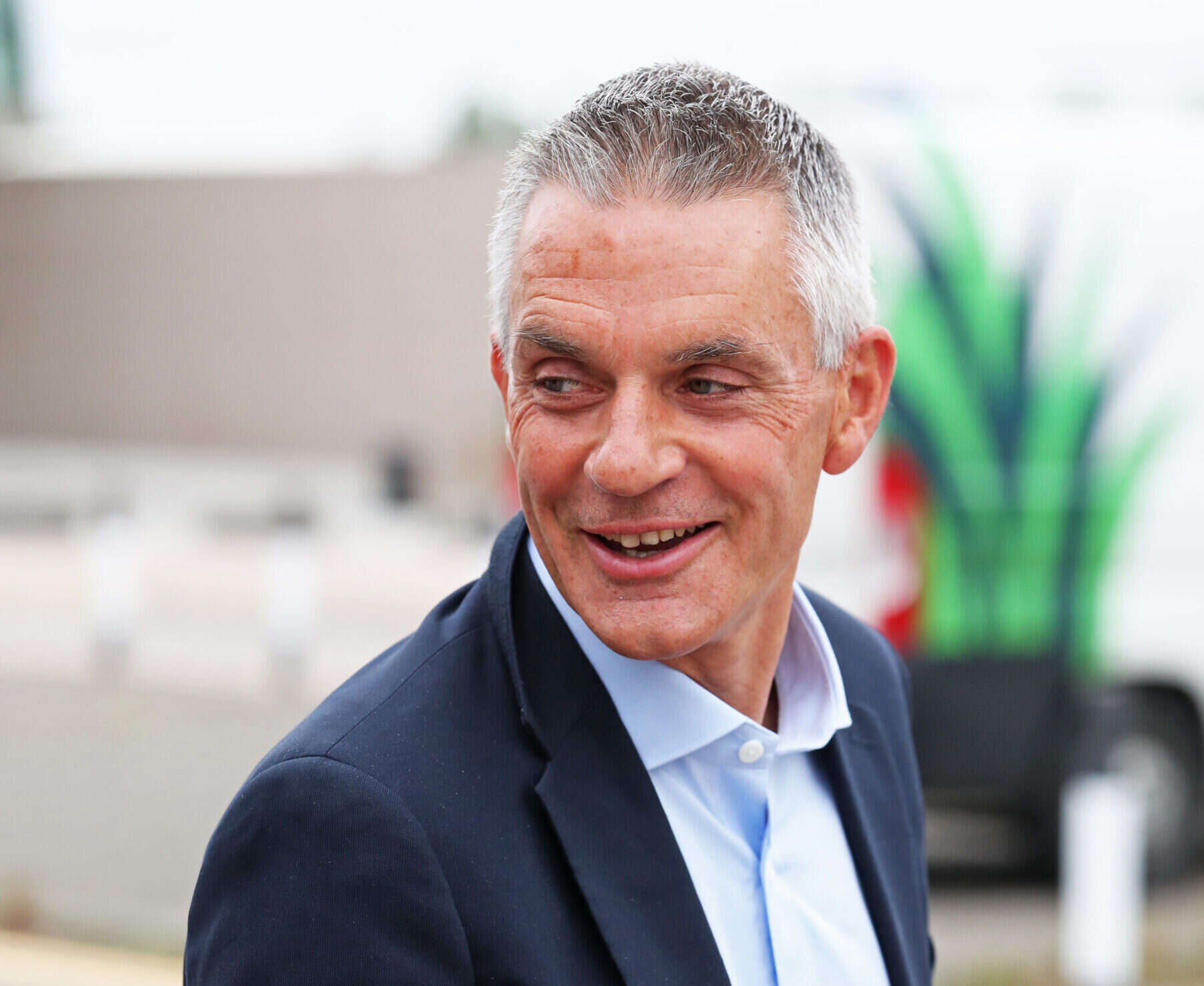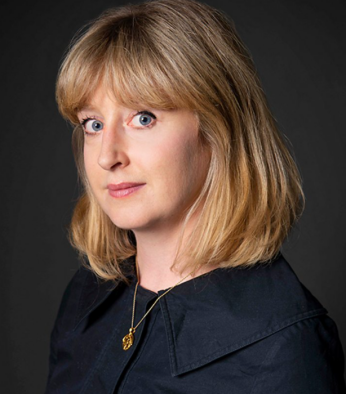
BBC director-general Tim Davie has admitted he fears the corporation will face new difficulties in hiring from a range of political opinions owing to what he dubbed the “Jess Brammar effect”.
He said Brammar’s appointment had “blown up” in a way that was “unhelpful” to the BBC’s ability to make hires from across the spectrum of opinion.
Former Huffpost UK editor-in-chief Brammar was appointed as executive news editor, news channels last week following a furore over her “left-wing” leanings that began when a text from non-executive board member Sir Robbie Gibb objecting to the hire was leaked to the Financial Times.
Davie (pictured) told MPs on Tuesday morning that the BBC does hire from across the press and political spectrum as long as appointees leave their political views at the door, a precedent he said must be maintained. He said he did not know in his senior management team had voted for Brexit as “we don’t talk like that”.
Davie said his “worry around this episode” is that it could affect this principle, under which people should not be judged on their previous tweets or comments.
He also defended the fact Brammar had deleted thousands of tweets during the recruitment process, saying it was “absolutely appropriate to leave that at the door”.
“We need to hire the best as the BBC, and we need to hire across the political spectrum,” Davie told the DCMS Committee. “That is an incredibly important precedent and this affair is dangerous territory for us… if people begin to start doubting our ability to hire people with views into the BBC, and when they get here, they leave them at the door.”

Jess Brammar
Davie added that it was “suboptimal for all of us” if the “Jess Brammar effect” affects applications for future posts such as the director of news and current affairs role, which is about to be vacated by Fran Unsworth.
“I want to make sure we’re hiring for a broad church of individuals and what characterises them is their ability to leave their politics at the door,” he said.
Davie said he does “worry about institutional groupthink”.
“I think we need to make sure that the groups of people making decisions, the groups of people that we attract to the BBC, come from a wide socio-economic background, they have a diverse range of views,” he said.
“The BBC is nothing if it’s not a good facilitator of proper open debate and diverse views. I think that’s essential to us. It’s mission critical, it’s us, and it puts us in a very different place to where the rest of the world is heading in my view, which is to a dangerous place around partial media.”
BBC chairman defends Sir Robbie
BBC chairman Richard Sharp revealed he and Davie had asked questions around the leak of Sir Robbie’s message to Unsworth about Brammar but had not found the source.
Sharp said the board, including Sir Robbie, is now content with Brammar’s appointment.
He insisted Sir Robbie was not wrong to contact Unsworth as non-executive directors with “anything they consider material or relevant or they consider important” about a potential hire should be able to raise them with the executives conducting the appointment process.
He added that matters that could be relevant for the BBC’s reputation and impartiality were especially important to raise.
Sharp pointed to then-director of news James Harding’s appointment of Martin Bashir as religious affairs correspondent in 2016 and said if he was Harding he “wouldn’t have minded” somebody getting in touch to raise concerns around Bashir’s past conduct, including his suspension from US broadcaster ABC and resignation from MSNBC.
[Read more: Transparency concerns over BBC rehiring of Bashir but decision made ‘in good faith’, review finds]
A recent review of Bashir’s appointment found Harding did not give these incidents in the US “sufficient regard”.
Regional journalists ‘stressed’
In the same committee hearing, Davie acknowledged that the BBC’s regional and local journalists are stressed due to the double impact of Covid-19 and cuts of around 450 staff to remove duplication and be more efficient.
There are “no further plans” for regional cuts currently but Davie said this may need to be reconsidered if there is no regional settlement in the next licence fee deal.
Davie said: “Overall we’ve got appropriate staff levels on most of these programmes, but we’re listening. We don’t want anyone to fall over. I think the stress levels are quite high in certain places, particularly with Covid.”
He added that he would ideally like to invest in the BBC’s local division as it is the “heartbeat” of the corporation.
Picture: Andrew Milligan/PA Wire
Email pged@pressgazette.co.uk to point out mistakes, provide story tips or send in a letter for publication on our "Letters Page" blog
